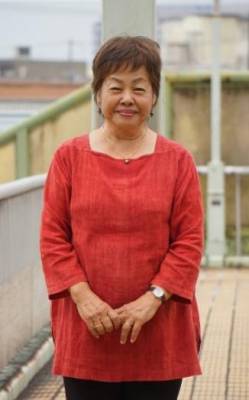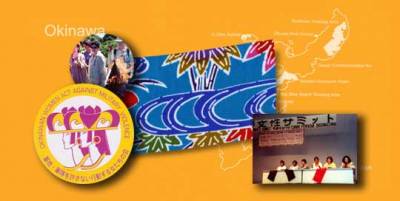
Announcing the August 2017 California Delegation from Okinawa:
“Making Okinawan Voices Heard in America”
Purpose of Visit
We, the delegation from Okinawa, have come to California to promote awareness of the enduring military base problems in Okinawa, Japan. We plan to participate in the APALA convention, and to request assembly members, universities and NGOs, to have a round-table conference, in order to stop the construction of a new U.S. Marine Corps air base at Cape Henoko in Nago City, Okinawa.
The U.S. military built its network of bases on the island by forcibly appropriating villages, homes and farmlands in the wake of the Battle of Okinawa seventy-two years ago. After the war, the U.S. military continued to appropriate Okinawan land to make way for more bases. Even now, thirty-one U.S. bases and military installations occupy private land and residential areas. Therefore, many U.S. base related problems have occurred constantly. Last year, a young twenty 20 year old woman was raped and killed by an ex-marine U.S. civilian employee as she walked home.
The most critical problems facing Okinawans today are as follows:
The cancellation of plans to construct the new Marine Corps air base at Cape Henoko, which involves massive land reclamation of a beautiful coral reef marine ecosystem and the habitat of the critically endangered Okinawa dugong (sea manatee).
To stop flight training and to end the construction of six new helipads in the Yanbaru forest in northern Okinawa. This construction will result in the permanent destruction of forestland said to be comparable to a World Natural Heritage site, as well as the erosion of the quality of life for local residents of Takae Village.
The closure and return of U.S. Marine Corps’ Futenma Air Station. Often referred to as the most dangerous base in the world, continued operations in the densely populated residential areas of Ginowan City violate both US and Japanese safety standards. The deployment of the accident-prone MV-22 Osprey tilt-rotor aircraft to Futenma in 2012 faces strong opposition across Okinawa, particularly considering the recent crash off the Okinawan coast in December of 2016.








